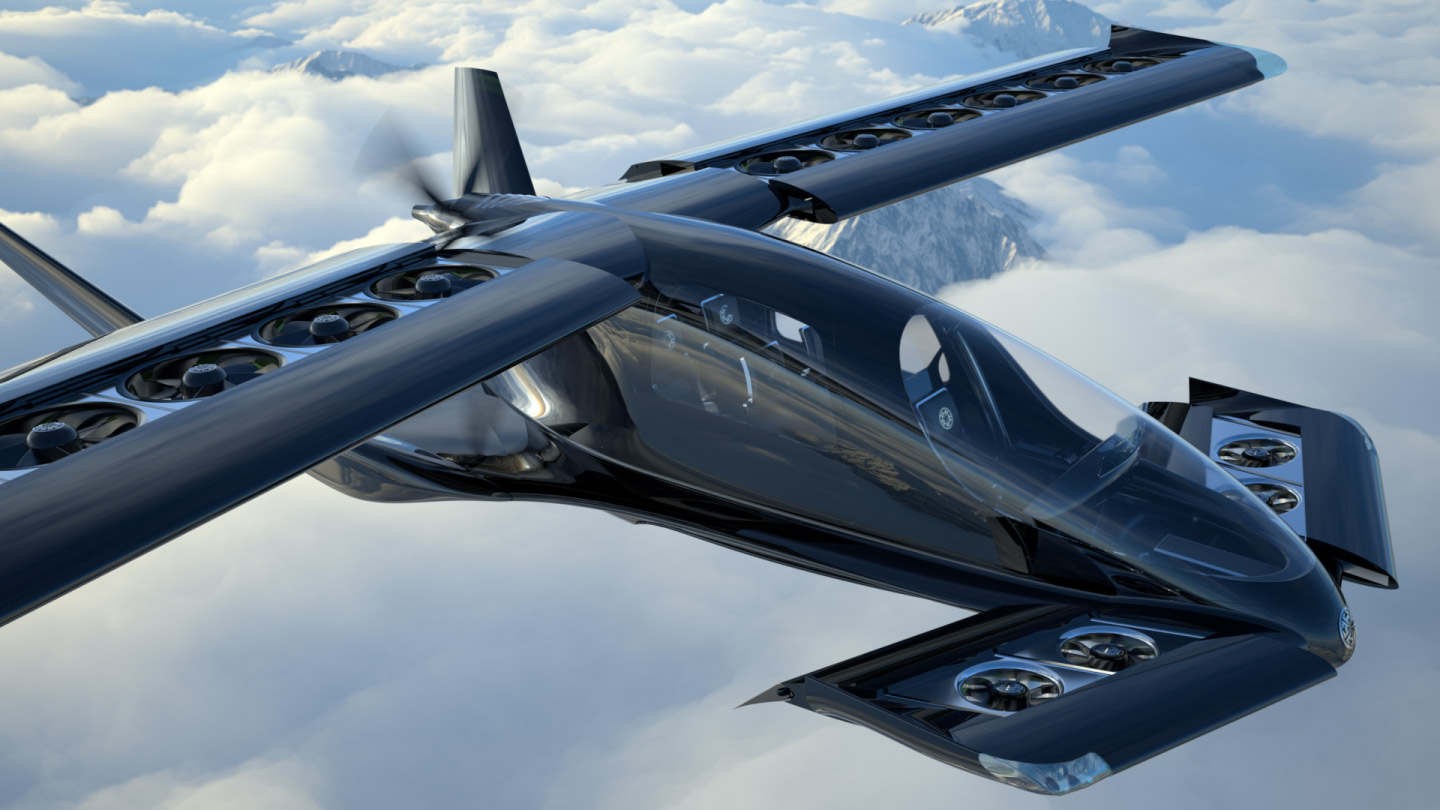A new survey amongst private equity and venture capital professionals reveals that over the next two years, 88% expect improvements in the regulatory framework for the eVTOL market and 15% anticipate there will be a dramatic improvement. The study was commissioned by Horizon Aircraft (ôCompanyö or ôHorizonö), an innovative leader in hybrid electric Vertical Take-off and Landing (VTOL) aerial vehicles, with private equity and venture capital professionals.

When it comes to which eVTOL’s private equity and venture capital professionals believe offeráthe most attractive opportunities for investors, 89% cited those that fly most of their time asánormal aircraft because they are deemed to be safer, making it easier for them to be certified byáthe relevant aviation authorities.
In terms of what the main hurdles are to achieving regulatory approval for eVTOL aircraft, safetyámeasures are seen as the biggest by professional investors. This is followed by meeting certainástandards regarding operations and maintenance, pilot training requirements, and the quality ofásoftware used by operators.
|
Ranking |
Ranking of hurdles to achieving regulatory approval from aviation authorities |
|
1 |
Safety measures of aircraft |
|
2 |
Meeting certain standards regarding operations and maintenance |
|
3 |
Pilot training requirements |
|
4 |
Quality of software used by operators |
|
5 |
Opposition from existing aircraft manufacturers |
|
6 |
Noise pollution á |
|
7 |
Environmental requirements |
|
8 |
A single fatal eVTOL incident |
When it comes to which countries professional investors believe are currently the mostáadvanced in their regulatory plans for the eVTOL market, private equity and venture capitaláprofessionals cited the USA, Canada, the UK, Germany, and China as the top five. TheáEuropean Union also scored highly.
Brandon Robinson, CEO of Horizon Aircraft said, “The eVTOL market is making huge advancesáin terms of its overall development and technology, and this is spurring on regulators to developáan appropriate certification and operating framework for the sector. All of this will lead to furtheráinvestment into the industry and more growth and technological advancements.”
Horizon Aircraft, and its flagship Cavorite X5 design, has been attracting significant interest fromáwithin the industry having won several grants, a US Department of Defence advanced researcháand development contract award, and being ahead of its competitors with its large-scaleáprototype already flying.
Horizon Aircraft is currently running rigorous flight testing of its 50%-scale prototype whileácontinuing to develop a detailed design of a full-scale aircraft.
Horizonĺs innovative approach and technology allows its Cavorite X5 to fly 98% of its mission ináa very low-drag configuration like a traditional aircraft. Flying most of the time as a normaláaircraft is safer and will make the aircraft easier to certify than radical new eVTOL designs. Theáfull-scale aircraft will also be powered by a hybrid electric system that can recharge the batteryáarray in-flight while providing additional system redundancy. Comprehensive testing of this 50%-scale aircraft will reduce technical risk moving forward as Horizon continues development of itsáfull-scale aircraft.

